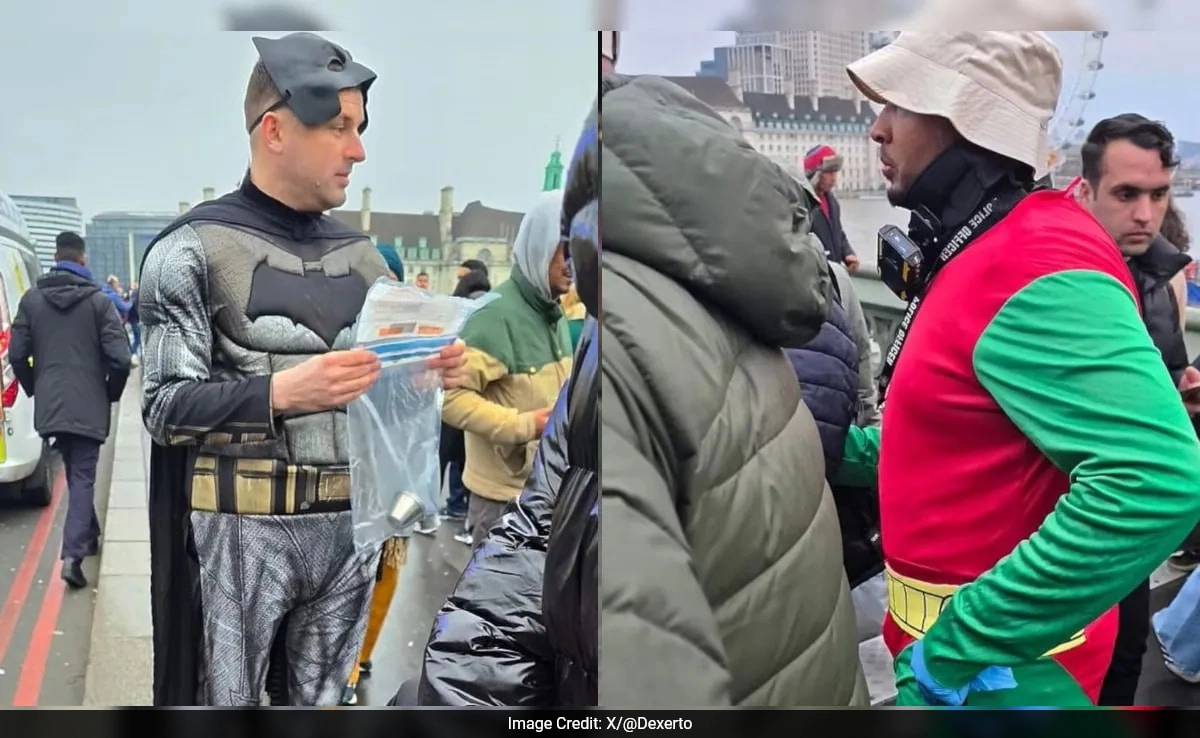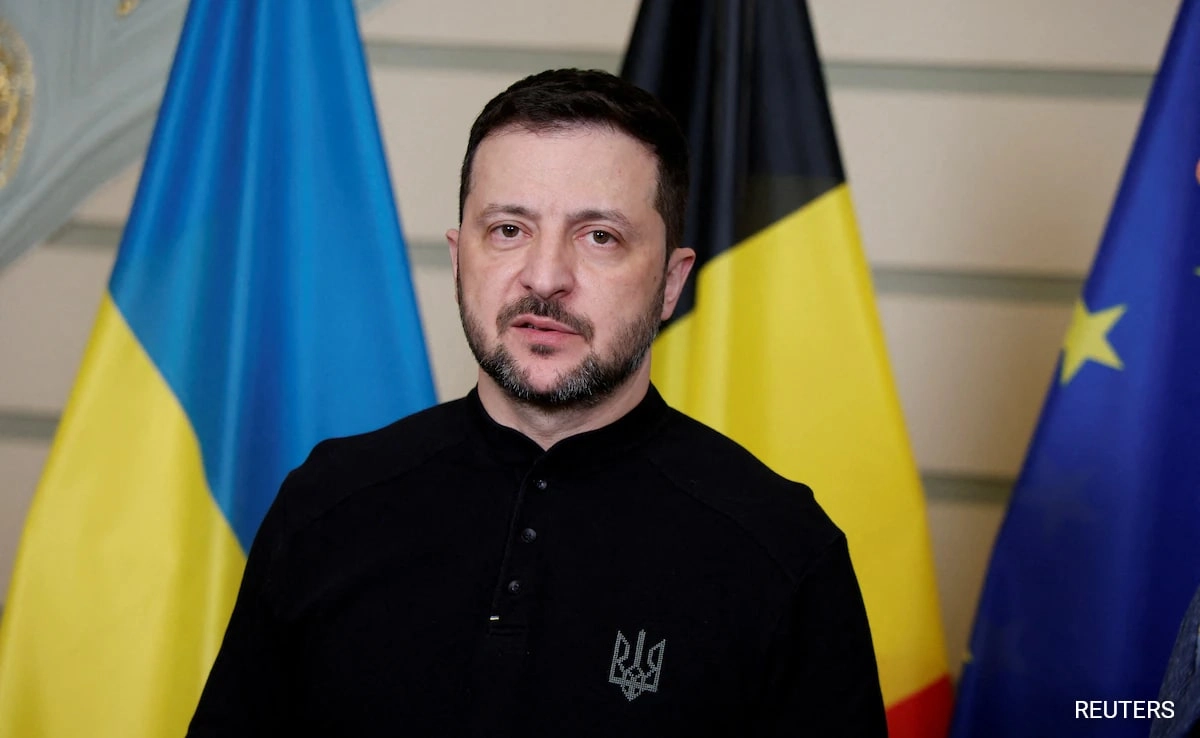Israeli commandos recently intercepted a ship from the ‘Freedom Flotilla’, which was reportedly attempting to breach the naval blockade of Gaza. The vessel, associated with prominent climate activist Greta Thunberg, aimed to draw international attention to the humanitarian situation in the region. The flotilla has been a recurring symbol of protest against the blockade, which has been a point of contention in the ongoing Israeli-Palestinian conflict. The interception highlights the complexities of activism, geopolitics, and the humanitarian issues facing Gaza.
The ship’s mission, propelled by Thunberg’s advocacy for climate justice, intertwined environmental concerns with the urgent need for humanitarian relief. Activists aboard sought to highlight not only the plight of Gazans but also the broader implications of climate change in conflict zones. The interception by Israeli forces raised questions about the limits of activism, especially when it involves contentious political territories. It underscored the delicate balance between raising awareness for humanitarian causes and the legal frameworks governing maritime conduct in conflict areas.
In the aftermath of the interception, reactions from the international community varied significantly. Supporters of the Freedom Flotilla praised its mission and condemned the Israeli actions as an infringement on human rights and freedom of expression. Critics, however, viewed the operation as a necessary measure to uphold national security and maintain the blockade, which Israel argues is essential to prevent the smuggling of weapons to militant groups. This incident serves as a stark reminder of the ongoing tensions in the region and the challenges faced by activists who strive to address multifaceted crises through direct action.
Thunberg’s involvement also sparked a broader conversation about the intersection of environmentalism and human rights. Many advocates argue that climate change disproportionately affects vulnerable populations, including those in conflict zones like Gaza. By linking these issues, the ‘Freedom Flotilla’ aimed to prompt a reevaluation of how global crises are interrelated, urging a unified response that addresses both environmental sustainability and humanitarian needs. As the situation develops, it becomes increasingly clear that the path to resolution in such complex scenarios requires not only dialogue but also a willingness to confront the intricate web of political, social, and environmental challenges at play.




